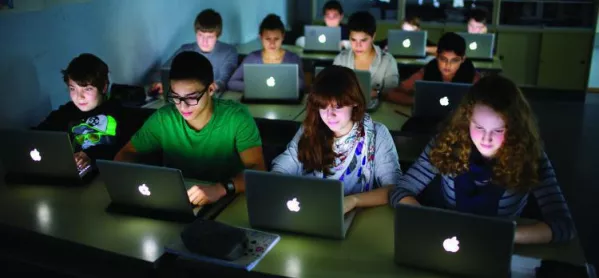MPs have launched an inquiry into how well schools are preparing pupils for the challenges posed by artificial intelligence, robotics and the “internet of things”.
The inquiry will examine the challenges and opportunities proposed by the fourth industrial revolution, which is predicted to have a major impact on both productivity and the labour market, with low- and medium-skilled jobs most at risk.
As well as looking at the suitability of the school curriculum, the inquiry will consider the role of lifelong learning.
Committee chair Robert Halfon said: “Increased automation and connectivity during the fourth industrial revolution promise to bring huge benefits to our economy by boosting our low productivity rates.
“At the same time, they bring tremendous challenges to the job market with potentially 28 per cent of jobs taken by 16-to-24-year-olds likely to be at risk of automation by the 2030s.
“We are already behind other countries when it comes to skills and if we don’t prepare for the changes brought by the fourth industrial revolution, we risk falling even further behind.”
He warned that people from disadvantaged backgrounds with low basic skills are most at risk from automation, and added: “We must ensure that the fourth industrial revolution works for all by improving social justice and giving everyone the chance to climb the ladder of opportunity.”
The announcement of the inquiry came as a poll of about 500 16-to-18-year-olds showed that more than four-fifths of sixth formers think a human being would make a better teacher than a robot could ever be.
Robot teachers have been put forward as potential solutions to high teacher workload, as well as the recruitment and retention crisis facing the profession.
The select committee is inviting written evidence on:
- The interaction between the government’s industrial, skills and digital strategies.
- The suitability of the current curriculum to prepare young people for the fourth industrial revolution.
- The impact of the fourth industrial revolution on the delivery of teaching and learning in schools and colleges.
- The role of lifelong learning in reskilling the current workforce.
- Place-based strategies for education and skills provision.
- The challenges and opportunities of the fourth industrial revolution for improving social justice and productivity.
The deadline for submissions is 21 June.




